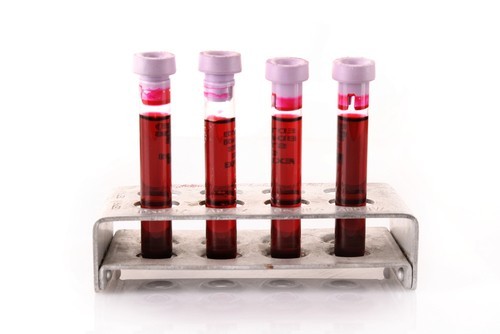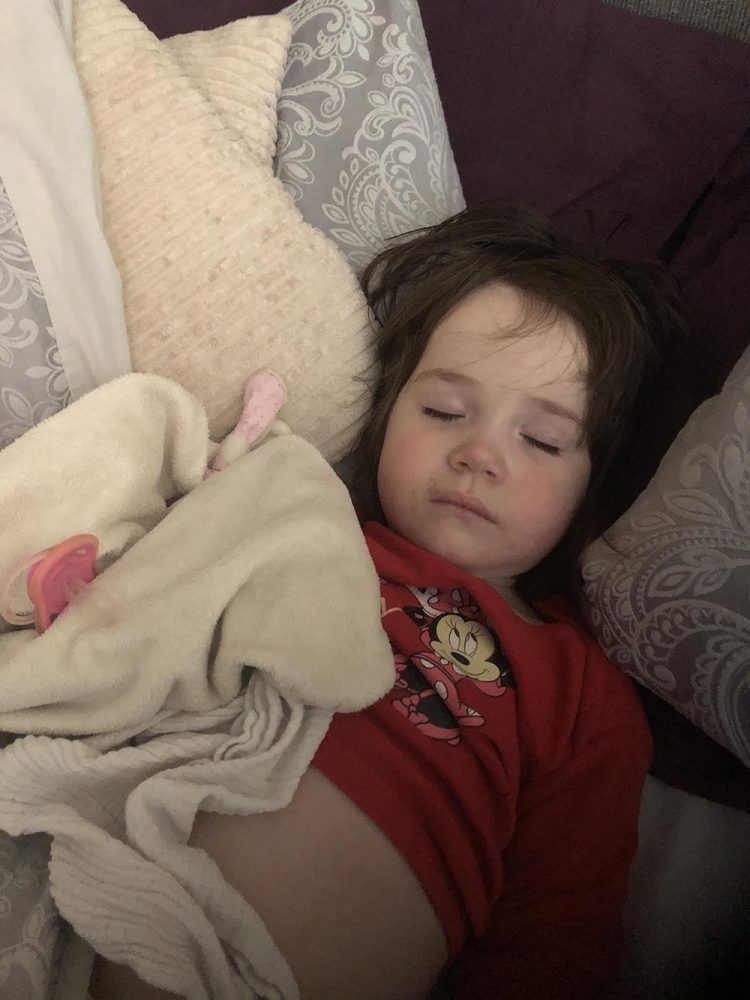
Do You Have Hormone Imbalance? 6 Signs of Hormone Imbalance in Women.
This is a collaborative post
You must have heard of hormone imbalance several times, but do you know what it means? What about the symptoms?
Hormone imbalance is a common condition that occurs when your hormones are too high or too low. When this condition happens, it is usually followed by many signs. Noting these signs early is important in getting adequate treatment, thus preventing the issue from escalating.
Here are 6 common signs of hormone imbalance in women.

What are Hormones?
Hormones are chemicals made by glands in the endocrine system. They journey through the bloodstream to the tissues and organs, sending messages instructing the organs what to do and when to do it.
Hormones are important for regulating many bodily processes, which is why a hormone imbalance often results in the malfunction of many bodily functions. For clarity, hormones help to regulate:
- Growth
- Blood pressure
- Mood and stress levels
- Reproductive cycles and sexual function
- Blood sugar
- Mood and stress levels
Females are often more prone to hormone imbalance than males as they have different endocrine organs and cycles. Here are the common causes of hormone imbalance in women.
Cause of Hormone Imbalance in Women?
- Stress
- Issues with your thyroid
- Eating disorders
- Birth control
- Endocrine gland malfunction
Diagnosing hormonal imbalances in women
If you experience any of the symptoms listed below, contact your doctor. The professional can diagnose the problem and recommend the necessary treatments.
Diagnosing a hormonal imbalance usually starts with examining your symptoms and physical analysis. Sometimes the doctor may conduct hormone tests. If that’s the case, ensure you visit a hospital that does hormone test at reasonable prices. You can shop around or ask friends for recommendations.
Signs of Hormone Imbalance in Women
If you notice these signs, the chances are that your hormone level is too high or too low.
1. Sudden Weight Loss
Your thyroid gland is charged with regulating how fast your body converts the foods you eat to fuel. It also controls your heart rate and temperature. When your thyroid gland produces excessive hormones or makes less, your weight can reduce.
If you lose a significant amount of weight without working out, such unexplainable occurrences may indicate hormone imbalance. Ensure you contact your doctor.
2. Irregular Periods
Are you experiencing irregular periods?
Most women see their period after 21-35 days. If yours doesn’t occur around the same time each month, or you skip some months, it might indicate that some hormones (estrogen and progesterone) are too high or low. This can be due to perimenopause, the time before menopause if you are in your 40s or early 50s. However, irregular periods indicate other health conditions like polycystic ovary syndrome (PCOS). Contact your doctor.
3. Severe Acne
Acne is common in women, and many experience it before or during their period, which is normal. But you know what isn’t normal? Acne that refuses to go. Such acne can be an indication of hormone issues.
Too many androgens (a male hormone present in men and women) can overburden your oil glands. Androgens also affect the skin cells in and around your hair follicles. Both of which can block your pores resulting in acne.
4. Sleep Issues
Experts advise that you get 7-9 hours of sleep daily. If you find it hard to get enough sleep each night, or if you aren’t getting quality sleep, your hormones could be the cause.
Progesterone, a hormone secreted by your ovaries, helps you catch sleep. When levels plummet during your menstrual cycle, for instance, sleep may be hard to come by. Low estrogen levels can result in hot flashes and night sweats, making it difficult to get quality sleep.
5. Night Sweat
If you often wake up in a pool of your sweat, low estrogen could be at play. Many women experience night sweats at the beginning of menopause. Other hormones can also cause night sweat. Contact your doctor if you are experiencing this condition.
6. Hair Loss and Thinning Hair
When estrogen levels drop, other hormones like testosterone start to have a significant impact. This could lead to thinning hair or hair loss. You could detect this during pregnancy or after you start taking birth control medications.
Conclusion
Though not life-threatening like other severe health conditions, a hormone imbalance can affect your quality of life in many ways.
It can hinder your productivity, affect your sleep, and, depending on the signs, affect your social life.
Therefore, noting the signs of hormone imbalance and tackling them is key. Contact your doctor if you aren’t sure if you have a hormone imbalance. The professional can conduct a hormone test to determine your hormone levels.





